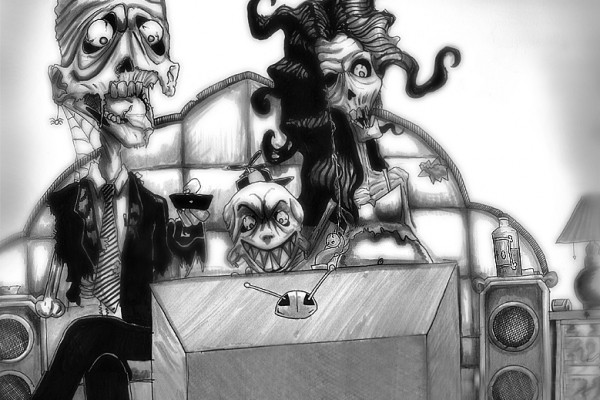The shortcomings of one’s intellect and the need for transcendental help are discussed by Thomas Merton in the following quote:
“I think that if there is one truth that people need to learn, in the world, it is this: the intellect is only theoretically independent of desire and appetite in ordinary, actual practice. It is constantly being blinded and perverted by the ends and aims of passion, and the evidence it presents to us with such a show of impartiality and objectivity is fraught with interest and propaganda. We have become marvelous at self-delusion; all the more so, because we have gone to such trouble to convince ourselves of our own absolute infallibility. The desires of the flesh – and by that I mean not only sinful desires, but even the ordinary, normal appetites for comfort and ease and human respect, are fruitful sources of every kind of error and misjudgment, and because we have these yearnings in us, our intellects present to us everything distorted and accommodated to the norms of our desire.
And therefore, even when we are acting with the best of intentions, and imagine that we are doing great good, we may be actually doing tremendous material harm and contradicting all our good intentions. There are ways that seem to men to be good, the end whereof is in the depths of hell.
The only answer to the problem is grace, grace, docility to grace.”


